Caprinus do Lago ages for a year and has a waiting list of more than a thousand interested parties
Caprinus do Lago cheese, produced in Valença, in the south of Rio de Janeiro, won a gold medal at the sixth edition of the French Mondial Du Fromage competition and was among the 12 best in the world. In total more than 1600 cheeses were evaluated.
Fabrício Vieira, dentist and cheese producer, said Terra Degusta who began raising his first goat as a child, at the age of 12, inspired by his grandfather. But it was during the pandemic that he decided to invest and delve into the production of goat’s cheese.
“Since I was twelve I wanted to buy a cow, my father wouldn’t let me, he bought a goat because he thought the cow was too big, I wanted to be like my grandfather, milk a cow, he gave me the goat…. I tried several times to start a business with goats and the problem was always eliminating milk production. Until, with the pandemic, while staying at home, I started making cheese”, he explains.
To achieve this goal, Fabrício, who, like his father, combines the profession of cheese maker with that of dentist, studied to learn the best techniques.
“I started making goat cheese, I took my wife’s refrigerator, I adapted it, I started maturing the cheese in the refrigerator and I started selling it, people liked it. Once the pandemic passed, they started wanting it visit, we started a tourist project in a rural area that can be visited and we started a small, very artisanal dairy, we obtained the municipal control seal and we started selling our cheeses”, he says.
Award-winning cheeses
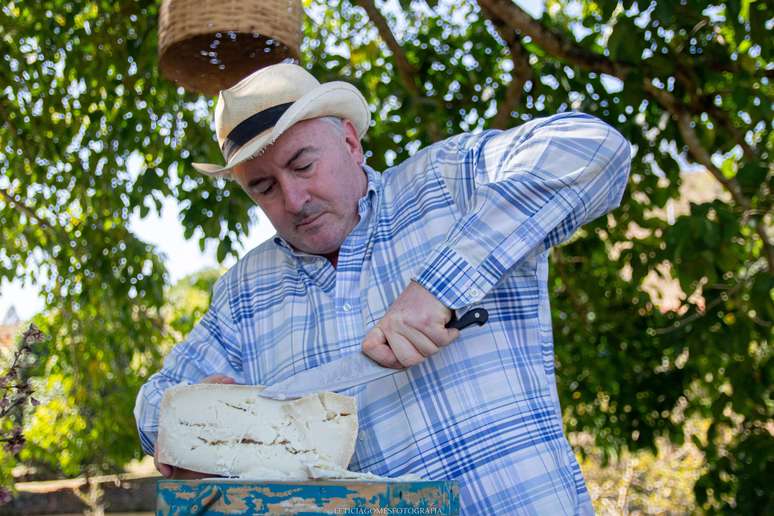
Capril do Lago is today the dairy farm in the state of Rio de Janeiro, regardless of goat or cow, that has won the most medals at the world championships. “Today we have seven cheeses that have medaled at world championships and some that have medaled at national and international competitions. Caprinos do Lago is already an award-winning cheese,” he says proudly of the champion cheese which costs R$220 per kilo, with a waiting list for purchasing more than one year.
The cheese already has four medals: a silver medal at this year’s national cheese championship in Blumenau, a silver medal at the world cheese championship in São Paulo, won last year, and recently, in France, it won a gold and a super gold, coming in seventh place, being the only cheese not produced in Europe present in this top 12.
“It is made with pastured goat’s milk, raw goat’s milk, semi-cooked, pressed pasta and one year of maturation. To make one kilo of cheese it takes 17 liters of milk. Our production is very small, today we have a waiting line “It takes more than a thousand people who want cheese. The waiting line will last more or less a year before people can access it, some will take more than a year to have access to this opportunity to taste our cheese”, says Fabrício.
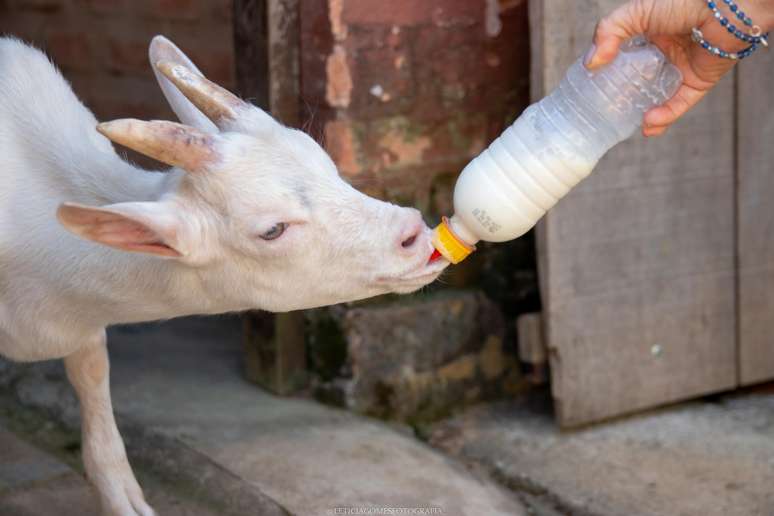
The processing is carried out entirely by hand with a small production, which makes the cheese even more desirable. “It’s me and another cheesemaker friend, who is my wife’s uncle, who make cheese together, and we have a little shop there in Capril, where we sell our cheeses. We have a bistro where people can have this gastronomic experience of award-winning tasting – winning cheeses on our plates”, he adds.
For now Fernando is trying to understand the turmoil Caprinus do Lago is in after the world gold medal to decide whether to increase cheese production. “We also have award-winning cow’s cheeses. Goat’s cheese, I have Cabrito, which is a brie type, I have Beladona, Mascate, Casca Florida, a gold medal in Araxá, the same Caprinus, which had already won a gold in Araxá, a series of award-winning cheeses. We cannot stop producing these cheeses and only invest in Caprinus because it takes a year (to be ready). If I take all my capital and continue making Caprinus, I will not monetize. I need half of my milk to make the freshest cheeses and the other half becomes Caprinus”, he explains.
“We want to finish these cheeses and do a tasting on site to show that it is very rare, to taste it you have to come here, I have to add value with the tasting, the food, the pairings, the wines and the cachaça from the region, with our organic garden to make the project feasible”, he adds.
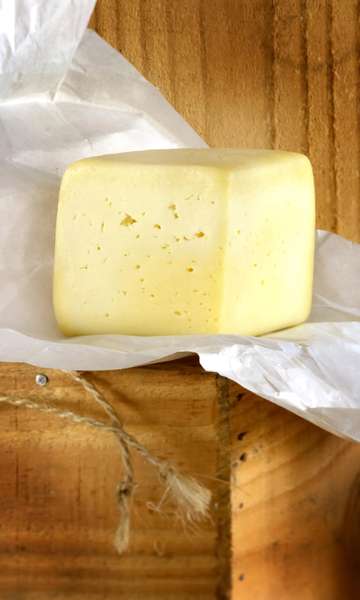
Foods we love that might disappear
Source: Terra
Ben Stock is a lifestyle journalist and author at Gossipify. He writes about topics such as health, wellness, travel, food and home decor. He provides practical advice and inspiration to improve well-being, keeps readers up to date with latest lifestyle news and trends, known for his engaging writing style, in-depth analysis and unique perspectives.

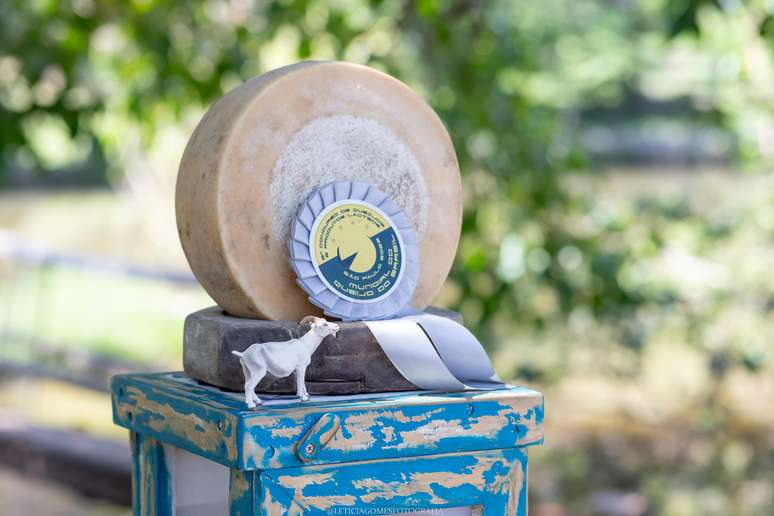



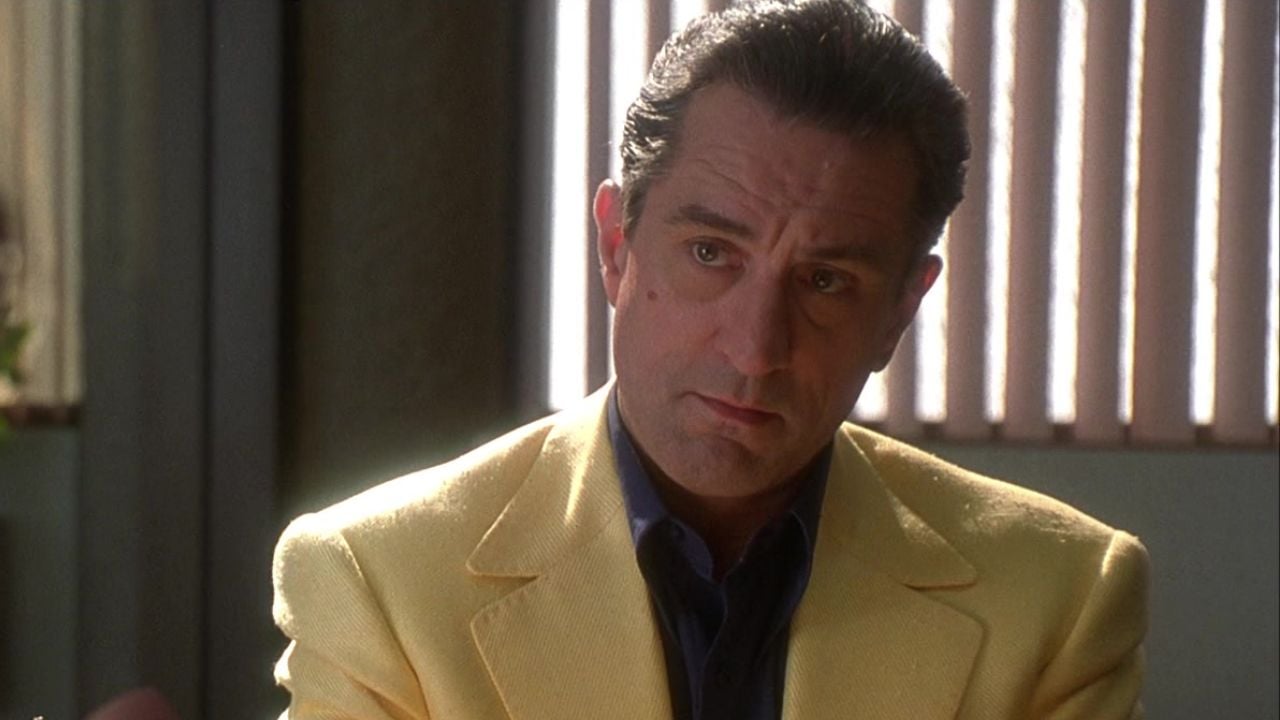

![Tomorrow Belongs to Us: What’s in store for Friday 17 October 2025 Episode 2055 [SPOILERS] Tomorrow Belongs to Us: What’s in store for Friday 17 October 2025 Episode 2055 [SPOILERS]](https://fr.web.img5.acsta.net/img/96/95/96957c8eef9a3bd87daf877432629ae3.jpg)

